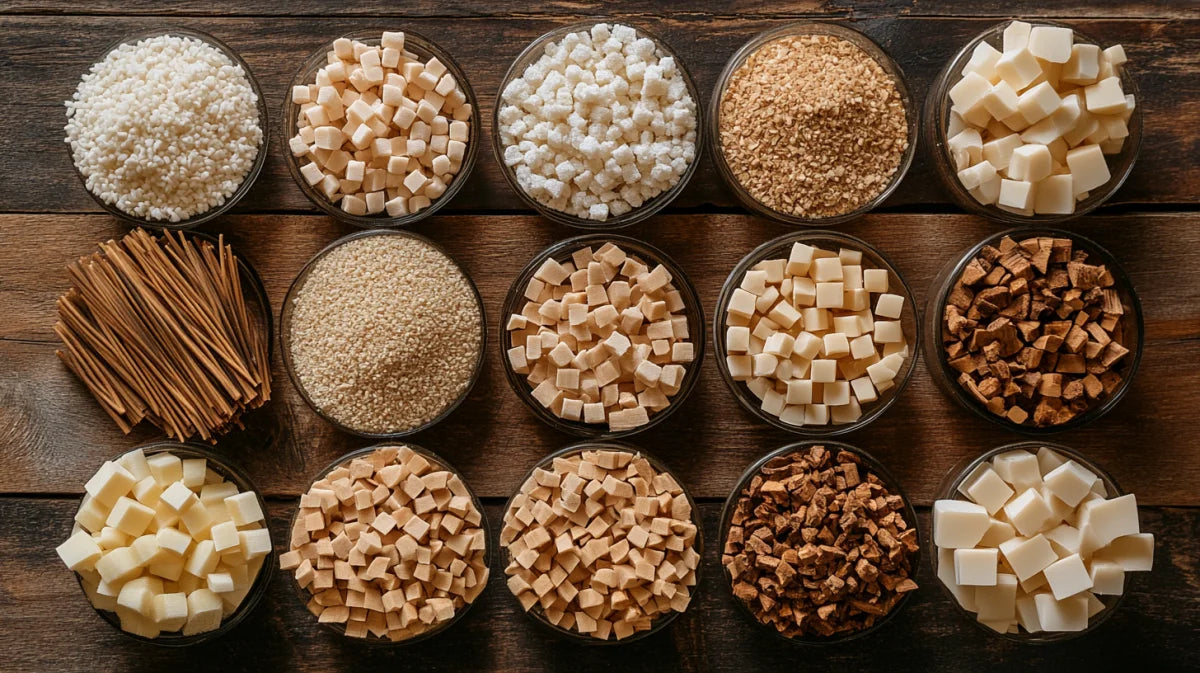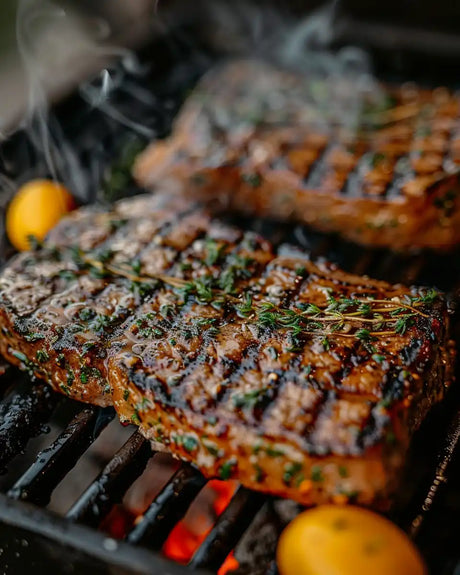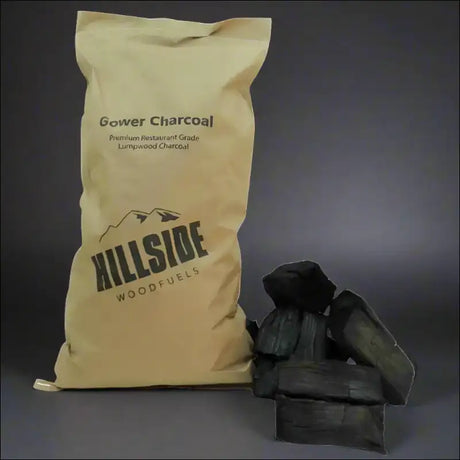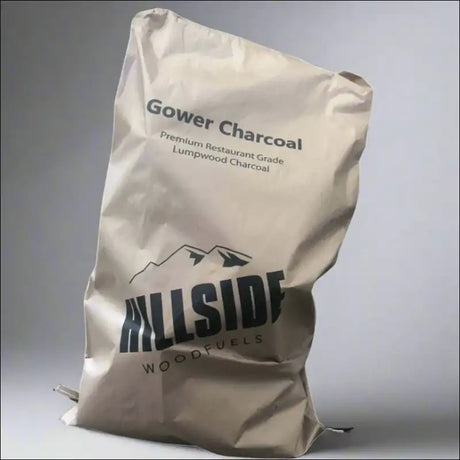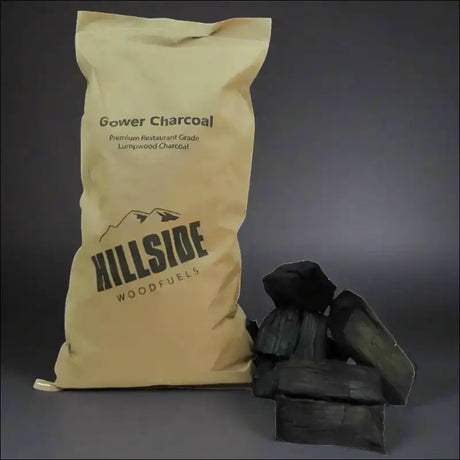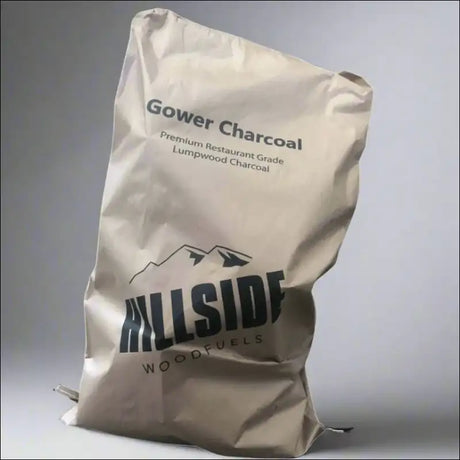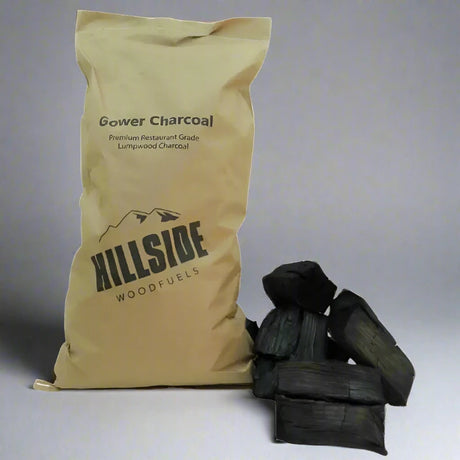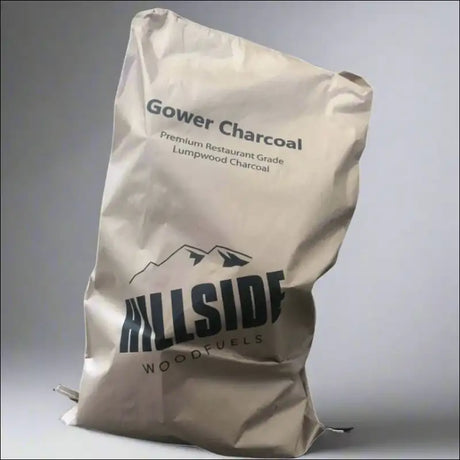When it comes to lighting up your fireplace or getting that perfect barbecue started, firelighters are often the go-to solution. But have you ever wondered about their safety? Are these convenient fire-starting aids a hidden danger lurking in your home? Let's dive into the world of firelighters and uncover the truth about their safety, toxicity, and environmental impact.
The Burning Question: What's in a Firelighter?
Firelighters come in various forms, from paraffin-based cubes to natural alternatives. The composition of these products can vary significantly, which directly impacts their safety profile.
Traditional Paraffin-Based Firelighters
Most conventional firelighters are made from paraffin wax, a petroleum by-product. While effective at starting fires, these come with some concerns:
- Chemical Emissions: When burned, paraffin firelighters release volatile organic compounds (VOCs) and other potentially harmful chemicals.
- Indoor Air Quality: Using these indoors can contribute to poor air quality, especially in poorly ventilated spaces.
- Food Safety: For barbecues, there's a risk of these chemicals imparting an unpleasant taste to food or, worse, contaminating it with harmful substances.

Eco-Friendly Alternatives
The good news is that the market has responded to these concerns with safer, more environmentally friendly options:
- Wood Wool Firelighters: Made from wood shavings and natural wax, these are a popular eco-friendly choice. Learn more about wood wool firelighters here.
- Organic Firestarters: These often use materials like sawdust, vegetable oils, or even recycled coffee grounds.
- Natural Wax Firelighters: Some products use soy or other plant-based waxes instead of paraffin.
Safety First: Are Firelighters Toxic?
The toxicity of firelighters largely depends on their composition. Here's what you need to know:
Paraffin-Based Firelighters
- Potential Health Risks: Long-term exposure to the fumes from paraffin firelighters may irritate the respiratory system and eyes.
- Not Food-Safe: These should never be used for cooking fires due to the risk of food contamination.
Natural Firelighters
- Generally Non-Toxic: Most eco-friendly options are made from non-toxic materials, making them safer for both humans and the environment.
- Food-Safe Options: Many natural firelighters are safe for use in cooking fires, but always check the product specifications.
The Environmental Impact: Eco-Friendliness of Firelighters
As we become more conscious of our environmental footprint, the eco-friendliness of firelighters is an important consideration.
Traditional Firelighters
- Non-Renewable Resources: Made from petroleum, they contribute to fossil fuel consumption.
- Non-Biodegradable: Many paraffin-based products don't break down easily in the environment.
Eco-Friendly Alternatives
- Renewable Materials: Often made from sustainable sources like wood waste or plant-based materials.
- Biodegradable: Most natural firelighters will break down harmlessly in the environment.
- Lower Carbon Footprint: The production process for natural firelighters typically has a lower environmental impact.
Discover more about sustainable wood sources for DIY projects
Air Quality Concerns: What's in That Smoke?

The impact of firelighters on air quality is a crucial aspect of their safety profile.
Indoor Air Quality
When using firelighters indoors, such as in a fireplace, air quality is a significant concern:
- VOC Emissions: Paraffin-based products can release VOCs, potentially contributing to indoor air pollution.
- Particulate Matter: All firelighters produce some smoke, which can contain fine particulates.
Outdoor Use
For barbecues and outdoor fires, the air quality impact is less concentrated but still worth considering:
- Smoke Production: Natural firelighters often produce less smoke than paraffin-based ones.
- Odour: Some firelighters can impart strong odours, which may be unpleasant or even harmful in high concentrations.
Learn more about the impact of wood fuels on air quality
Food Safety: Can Firelighters Affect Your Barbecue?
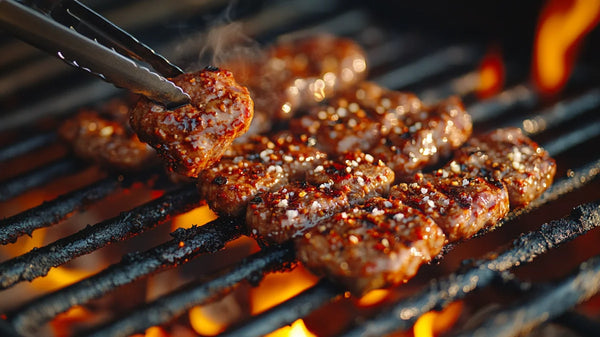
For many of us in the UK, summer means barbecue season. But can your choice of firelighter impact the safety and flavour of your food?
- Chemical Residues: Paraffin-based firelighters can leave chemical residues that may transfer to food.
- Taste Impact: Some firelighters can impart an unpleasant taste to food if not used correctly.
- Safe Alternatives: Natural, food-safe firelighters are available and recommended for cooking fires.
Explore BBQ tips and tricks for your next cookout
Making the Safe Choice: Tips for Using Firelighters
To ensure you're using firelighters safely, consider these tips:
- Choose Wisely: Opt for natural, eco-friendly firelighters when possible.
- Read Labels: Always check the product instructions and warnings.
- Ventilate: Ensure proper ventilation when using firelighters indoors.
- Wait It Out: For barbecues, let the firelighter burn completely before adding food.
- Store Safely: Keep firelighters out of reach of children and pets.
Find out more about fire safety basics
The Future of Firelighters: Innovations in Safety and Sustainability
As awareness grows about the potential risks associated with traditional firelighters, the industry is responding with innovative solutions:
- Biomass-Based Products: Some companies are developing firelighters made from agricultural waste or other biomass materials.
- Recycled Materials: Firelighters made from recycled cardboard or paper are becoming more common.
- Natural Additives: Some products now include natural additives to reduce smoke or improve burning efficiency.
Explore the future of wood fuels and related products
Conclusion: Balancing Convenience and Safety
While firelighters can be a convenient tool for starting fires, it's clear that not all products are created equal when it comes to safety and environmental impact. By choosing eco-friendly, non-toxic options and using them responsibly, you can enjoy the convenience of firelighters without compromising on safety or sustainability.
Remember, whether you're cosying up to a fireplace or firing up the barbecue, the choice of firelighter can make a significant difference to your health, the environment, and even the taste of your food. Make an informed decision, and you'll be able to enjoy your fires safely and responsibly.
Discover more about eco-friendly fire starters
By staying informed and making conscious choices, we can all contribute to a safer, cleaner environment while still enjoying the warmth and comfort of a good fire. So next time you reach for a firelighter, remember: a little knowledge goes a long way in keeping you, your loved ones, and our planet safe.

